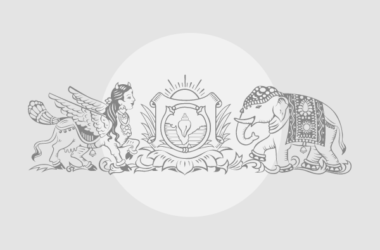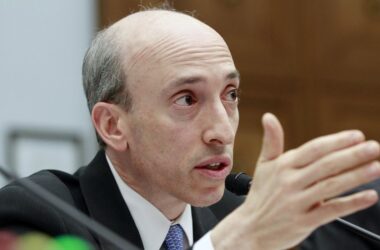The Supreme Court on Friday announced it will hear a major First Amendment dispute over social media laws in Florida and Texas targeting censorship during the high court’s upcoming term, which begins next week.
Both laws limited the ability of large social media companies — like X, Tik Tok and Facebook — to moderate speech on their platforms.
Court watchers say it’s a major case that could set the parameters for free speech in the digital age.
In Texas, lawmakers enacted a law in 2021 prohibiting social media companies from removing and moderating content that some might find offensive or hateful. It also required the companies to disclose certain business practices, such as the use of algorithms.
A federal court in Texas blocked parts of the law from taking effect. The 5th U.S. Circuit Court of Appeals reversed that ruling but the injunction has remained in place pending appeal.
Also in 2021, Florida lawmakers enacted a law that placed a fine of $25,000 to $250,000 per day on large social media companies that de-platform political candidates.
The U.S. District Court for the Northern District of Florida and the 11th U.S. Circuit Court of Appeals blocked the law from taking effect because of First Amendment concerns.
It took at least four justices to vote in favor of hearing the appeals, though they were not identified in Friday’s order from the court.
The high court had voted 5-4 to keep the Texas law on hold while the litigation plays out, according to The Associated Press, and the lineup of the justices was not on ideological lines. Chief Justice John G. Roberts Jr. and now retired Justice Stephen G. Breyer, as well as Justices Sonia Sotomayor, Amy Coney Barrett and Brett M. Kavanaugh granted the request from the tech advocates. But Justices Clarence Thomas, Elena Kagan, Neil M. Gorsuch and Samuel A. Alito would have allowed the law to go into effect.
The cases dealing with both state laws are Moody v Netchoice and Netchoice v Paxton.
NetChoice, an advocacy group that says it works to keep the Internet free, brought the legal challenges, citing concerns over the government laws policing what speech can remain online.
“Online services have a well-established First Amendment right to host, curate and share content as they see fit. The Internet is a vital platform for free expression, and it must remain free from government censorship. We are confident the Court will agree,” said Chris Marchese, NetChoice litigation director.
The high court is also slated to hear another First Amendment battle this term over the ability of public officials to block individuals on social media platforms. One of the disputes was brought by a resident in Michigan who sued his city manager for blocking various Facebook accounts after he was critical of the manager’s activities and response to the COVID-19 pandemic.







